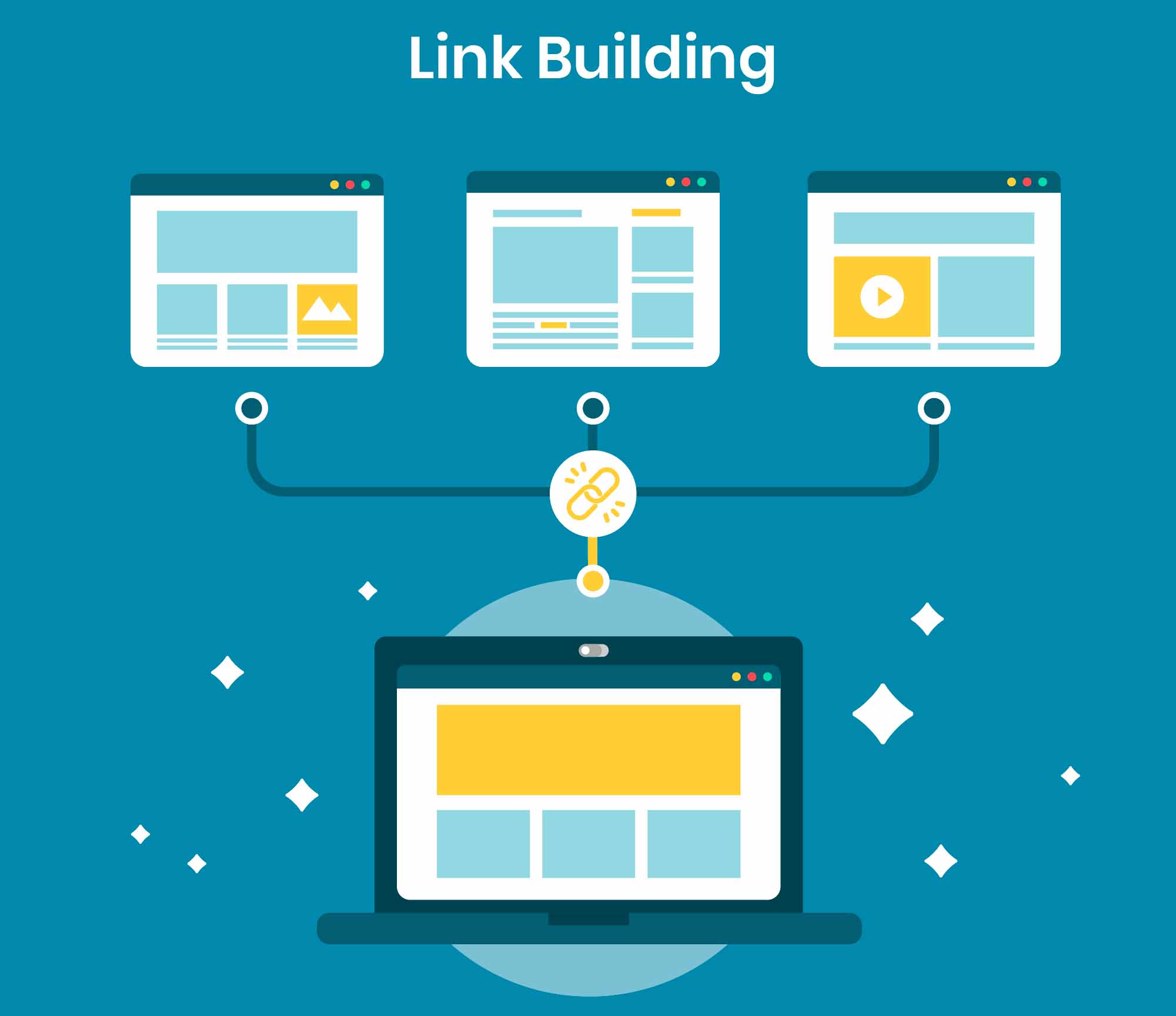In the fast-paced world of digital marketing, where staying ahead of the curve is essential, search engine optimisation (SEO) strategies are paramount. An SEO agency that understands the intricacies of optimising a website for better search engine rankings is worth its weight in gold. One often overlooked yet crucial aspect of SEO is the URL structure of a website.
The way URLs are structured can significantly impact a website’s search engine performance, and understanding the logic behind suggested structures is vital for success.
How URL Structure Affects Your SEO Performance
URLs serve as the digital address of a webpage, guiding both users and search engines to the content they seek. A well-structured URL not only improves user experience but also provides valuable information to search engine crawlers.
Search engines, like Google, use URLs to understand the content and context of a page, which directly affects how the page is ranked in search results. This is where the expertise of digital marketing consultants or an online marketing agency in Melbourne comes into play.
Clarity and Relevance
A well-structured URL should be clear, concise, and relevant to the content of the page. This enhances both user experience and search engine crawlers’ ability to decipher the page’s topic. When a URL includes relevant keywords that users are likely to search for, it increases the chances of the page being ranked higher in search results.
For instance, a URL like “www.example.com/local-seo-services” is more informative and SEO-friendly than “www.example.com/page123.”
Keywords and SEO Performance
Keywords have long been a cornerstone of SEO strategies. Incorporating targeted keywords into your URL structure can give a significant boost to your search engine optimsation efforts. When search engine algorithms analyse URLs, they pay attention to keywords present in the URL.
Using relevant keywords not only communicates the content of the page to search engines but also aligns with users’ search queries. However, it’s important not to overstuff keywords, as this could lead to a penalty by search engines for manipulative practices.
Hyphens vs. Underscores
The debate about using hyphens or underscores in URLs has been ongoing. Search engines treat hyphens as word separators, allowing for better readability of URLs. For instance, “www.example.com/local-seo-services” is more readable than “www.example.com/local_seo_services” with underscores.
Hyphens help search engines understand individual words within the URL, contributing to better SEO performance. Underscores can sometimes be interpreted as connectors of characters, potentially impacting the visibility of keywords within the URL.
URL Length and Hierarchy
The length of a URL plays a role in both user experience and search engine ranking. Short, succinct URLs are not only easier for users to remember and share but also facilitate search engine crawlers’ efficiency.
A well-structured URL hierarchy, often mirroring the site’s overall navigation, can further aid SEO performance. Including relevant categories and subcategories in the URL can provide additional context to search engines. For instance, “www.example.com/services/local-seo” establishes a clear hierarchy and context for the page’s content.
The Significance of Geo-Tagging URLs for Local SEO
Geo-tagging URLs has emerged as a pivotal practice in the realm of local SEO. By embedding location-specific keywords in URLs, businesses enhance their visibility within targeted geographic markets.
Consider the distinction between “/melbourne-seo-agency/” and “/seo-agency-melbourne/.” While both convey an SEO agency in Melbourne, their keyword order affects local ranking.
“/melbourne-seo-agency/” prioritises location, aligning with user intent to find local services. This structure is more favourable for local SEO, as search engines prioritise such matches. Geo-tagged URLs not only enhance clarity and relevance but also strategically position businesses to cater to local audience demands, thereby boosting their potential to secure a higher local search ranking.
In the realm of local SEO, URL structure becomes even more crucial. Local businesses aiming to capture their geographical audience need to incorporate location-based keywords in their URLs. An online marketing agency in Melbourne, for instance, would benefit from URLs like “www.example.com/melbourne-local-seo” or “www.example.com/melbourne-seo-services.” These URLs not only indicate the services offered but also the target audience, aligning perfectly with local SEO strategies.
A meticulously planned URL structure can significantly impact a website’s SEO performance. The importance of including relevant keywords, maintaining a clear hierarchy, and choosing the right separators cannot be overstated.
In the competitive world of digital solutions, where visibility is key, URL optimisation is a fundamental aspect that should never be overlooked. So, whether you’re an online marketing agency in Melbourne or a business striving for improved search rankings, a well-structured URL could be the catalyst that propels your SEO services and efforts to new heights.
Related Articles















